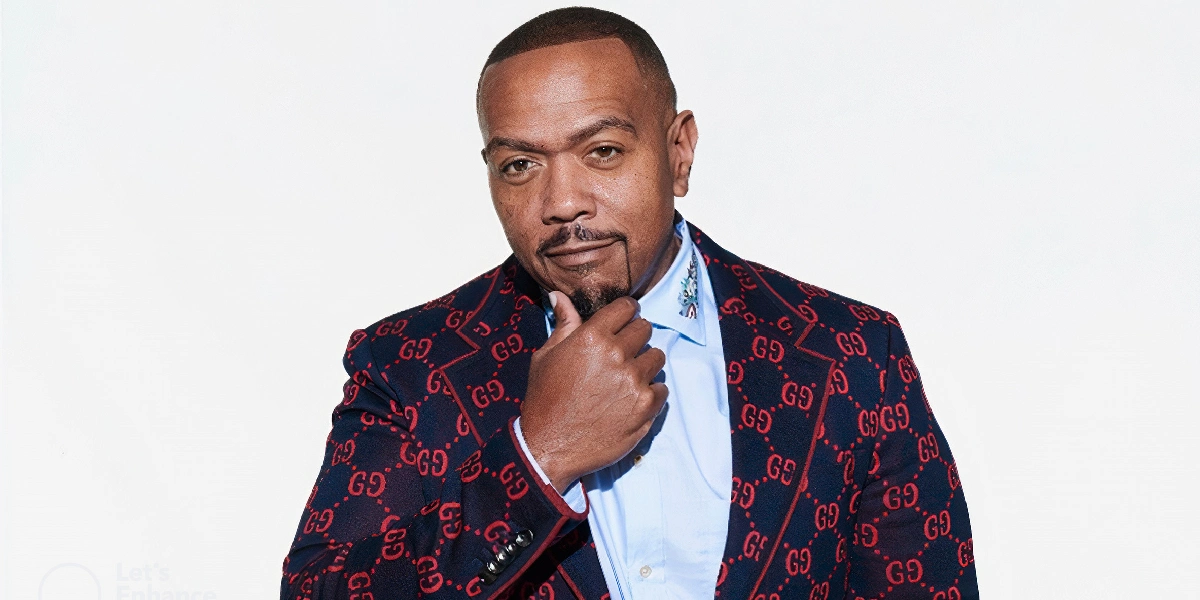The music industry is no stranger to disruption, but the rise of Artificial Intelligence has sparked a debate unlike any other. At the heart of this electrifying discussion are two titans of hip-hop: legendary producer Timbaland and revered audio engineer Young Guru. Their recent public exchange, ignited by Timbaland’s venture into AI-generated artists, has illuminated the starkly different visions for the future of music in an AI-driven world.
Timbaland: The AI Maverick Embracing Innovation
Timbaland, a pioneer renowned for his innovative sound and hit-making prowess, has thrown his considerable weight behind AI, declaring it the next frontier in music creation. He recently launched Stage Zero, an AI-focused entertainment company, and introduced its first AI artist, “TaTa.” Timbaland envisions TaTa as the vanguard of a new genre, “A-pop,” asserting that she is not merely an avatar but “a living, learning, autonomous music artist built with AI.”
For Timbaland, AI isn’t a threat but a powerful creative tool. He highlights the incredible efficiency it offers, stating that what once took months can now be achieved in days. He sees AI as a means to unlock unprecedented creativity for producers and artists, allowing them to produce “systems, stories, and stars from scratch.” He even likens AI-generated characters to beloved figures like Mickey Mouse, suggesting that the public’s acceptance of artificial personas is already well-established.
Timbaland’s stance is rooted in a belief that technology has always pushed music forward. From the electric guitar to the sampler, new innovations have consistently redefined genres and opened up new avenues of expression. He argues that those who resist AI are akin to Luddites, clinging to outdated methods while the industry evolves. He’s also been quick to address critics, suggesting that fears of AI replacing human artists are often from those whose “songs barely mix” or who lack a unique sound to begin with. His partnership with AI music platform Suno further underscores his commitment, seeing AI as a collaborative partner that can enhance and even discover new vocal talents.
Young Guru: The Human Touch Defender and Industry Sentinel
On the opposing side stands Young Guru, the Grammy-winning audio engineer celebrated for his meticulous work with artists like Jay-Z. Guru is a staunch advocate for the preservation of human creativity and the integrity of the music ecosystem. His reaction to Timbaland’s AI venture was swift and unequivocal: “This ain’t it!”
Guru’s concerns are deeply rooted in the potential for AI to displace human talent across the industry, from singers and songwriters to producers and engineers. He draws parallels to the automation that devastated the auto industry in his native Detroit, leading to widespread job losses and economic hardship. He fears a similar outcome for the music world, where algorithms and machines could render countless skilled professionals obsolete.
More profoundly, Guru emphasizes the irreplaceable element of human emotion and experience in music. He argues that AI, no matter how sophisticated, cannot replicate the genuine soul and evolving perspective that a human artist brings to their work. He pointedly questioned Timbaland, citing the difference between a 27-year-old Jay-Z on “Reasonable Doubt” and the maturity of “4:44.” An AI trained on early works, Guru suggests, would never evolve to create something as profound as “4:44,” missing the lived experiences that shape an artist’s growth.
Guru’s argument extends beyond job security to the very essence of art. He believes that reducing human expression to an algorithmic output is a dangerous path, one that could lead to a homogenized, soulless musical landscape. He also raises critical questions about copyright and ownership, particularly when AI models are trained on existing human-created music without proper compensation or consent. For Guru, the issue is “bigger than music”; it’s about the fundamental value of human contribution in a rapidly automating world.
The Crossroads: Innovation vs. Preservation
The debate between Timbaland and Young Guru isn’t just a personal disagreement; it’s a microcosm of a larger societal struggle. On one hand, Timbaland champions the accelerating pace of technological innovation, seeing AI as a force for efficiency, exploration, and new creative possibilities. He believes that the industry must adapt and leverage these powerful tools to stay ahead.
On the other hand, Young Guru represents the vital need for caution and ethical consideration. He highlights the human cost of unchecked technological advancement and advocates for policies and practices that protect artists, preserve artistic integrity, and ensure that technology serves humanity, rather than the other way around.
What Does the Future Hold for the Music Industry?
The truth likely lies somewhere in the middle. AI’s capabilities in music production are undeniable, from assisting with mixing and mastering to generating instrumental tracks and even lyrics. It can be a powerful tool for artists, enhancing workflows and sparking new ideas. However, the concerns raised by Young Guru about job displacement, intellectual property, and the commodification of creativity are equally valid and demand serious attention.
As AI continues to evolve, the music industry will be forced to grapple with complex questions:
- Copyright and Licensing: How will artists be compensated when their work is used to train AI models, and who owns the rights to AI-generated music?
- Human-Centric AI: How can AI be integrated in a way that amplifies human creativity rather than replacing it?
- Defining Authenticity: In an age of synthetic voices and algorithmic compositions, how will audiences define and value genuine artistic expression?
- Regulation and Ethics: What legal and ethical frameworks are needed to govern the use of AI in music to prevent exploitation and promote fairness?
The Timbaland and Young Guru debate is more than just a clash of opinions; it’s a crucial conversation for anyone invested in the future of music. It forces us to confront the profound implications of AI and to collectively decide how we want technology to shape the sounds and stories that move us. Whether AI becomes a harmonious collaborator or a discordant force in the music industry will depend on how we navigate these challenging, yet transformative, times.

